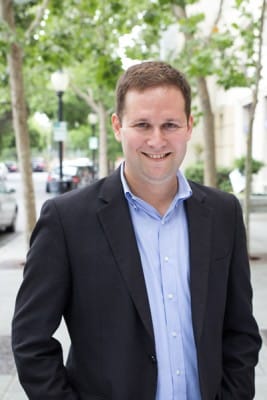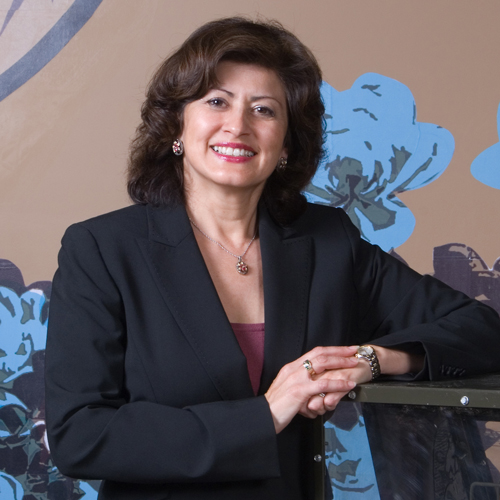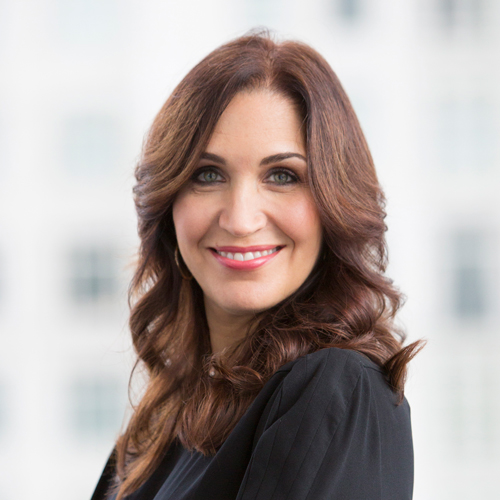
Leandro Margulis came to the US to finish his degree at Florida International University in the mid-2000s, after the economy in his native Argentina led to a drop in professional development opportunities. Arriving in Miami with few social or professional connections, Margulis began a networking push that he says had to make up for “a twenty-year head start that my peers had who grew up in America.”
His efforts ultimately led to a string of professional engagements, including consulting with Oracle Direct on Latin America, working at Deloitte—before and after getting his MBA at Yale—director of Impulsa Business Accelerator in San Jose and, now, director of global strategic partnerships for Quixey, a mobile content discovery company connecting app developers and users. In addition to an amazingly comprehensive personal and professional network, Margulis also has developed extensive expertise in how others can build their own personal portfolios.
5 Things You Can Do To Be A Better Networker
1. Get outside your comfort zone
Go to a variety of events and activities that enable you to see (and meet) fresh faces.
2. Be an active listener
Pay attention to conversation details and the motivators behind the story so you can offer additional insights or assistance.
3. Identify your targets
Research where desired contacts meet, the associations they belong to, the publications they read, etc.
4. Genuinely Care
Value everyone you meet. You never know who someone might know who could be beneficial to your network.
5. Share your network
The more open you are, the more others will help you connect.
When you set out to develop your professional network, where did you start?
I was just trying to make up for lost time since when I arrived in the US. Everyone else seemed to be so well-connected already. What I began to notice was that most people tended to stay within a pretty well-defined cluster of people or types of events. They rarely ventured outside that orbit. However, because I was active across many different groups and activities, I was provided with a much broader range of resources, friendships, and relationships. It wasn’t until years later that I realized what a great benefit all those different groups and communities were to me professionally.
You’ve mentioned that you grew your network “on a grand scale.” How big is “grand”?
It’s hard to measure, but I have more than 8,000 connections on LinkedIn. They’re not random, but all built on some specific, meaningful exchange, whether e-mail, face-to-face at a conference, a phone conversation, or some other direct interaction. They’re not just online “likes.”
What are the most common misconceptions about networking?
People are often shy about it because they don’t have a sense of the value they bring to making a new connection. They don’t realize that it can be something as simple as other relationships they can offer. For me it was being able to provide access to the various communities I was interacting with. Over time, that made me a “go-to” resource because I have contacts in areas with which my other connections are completely unfamiliar. Also, some people find the idea of networking to be intimidating. Keep in mind, though, that while this kind of networking might not be for everyone, you don’t have to be an active “connector.” You just need to know someone who is, so you can gain access to the contacts or resources you need. I admit, it can be exhausting approaching networking the way I do.
Can you explain what you call the “weakest link”?
That would be the person in a group who appears to be the most distant or least engaged within a cluster—maybe someone who doesn’t attend regularly but that you see at every two or three meetings of a particular group. But those people can turn out to be the most valuable because they connect to others outside the primary group. It might be a family member who has expertise in a particular area or a hidden talent that one of your other contacts is looking for. So, contrary to the name, the weakest link can be the linchpin between two separate, otherwise unconnected networks.
Out of all your connections, can you pick one as being the most interesting or unexpected?
I was at a party where a friend brought a guest who was visiting for the weekend. That visitor turned out to be the assistant to one of the executives I needed to reach as part of a particular business initiative. I got the connection I needed through a completely random social meeting. My network also led me to my current position at Quixey. My high school in Argentina was part of World ORT and involved with ORT America, a nonprofit education, training, innovation, and technology organization. I’ve stayed involved with them through the Bay Area chapter, where I met one of the board members who also happened to be involved with Quixey. He was instrumental in bringing me in as its first senior business development hire.
Do you have a particular philosophy that helps guide your networking?
The value someone offers might not be immediately apparent, but it could be a valuable resource down the road for a need you could never imagine you were going to have. I’m also very open and generous with my connections because the more you give, the more you help create a virtuous circle that helps everyone. It’s important to genuinely care about that.

